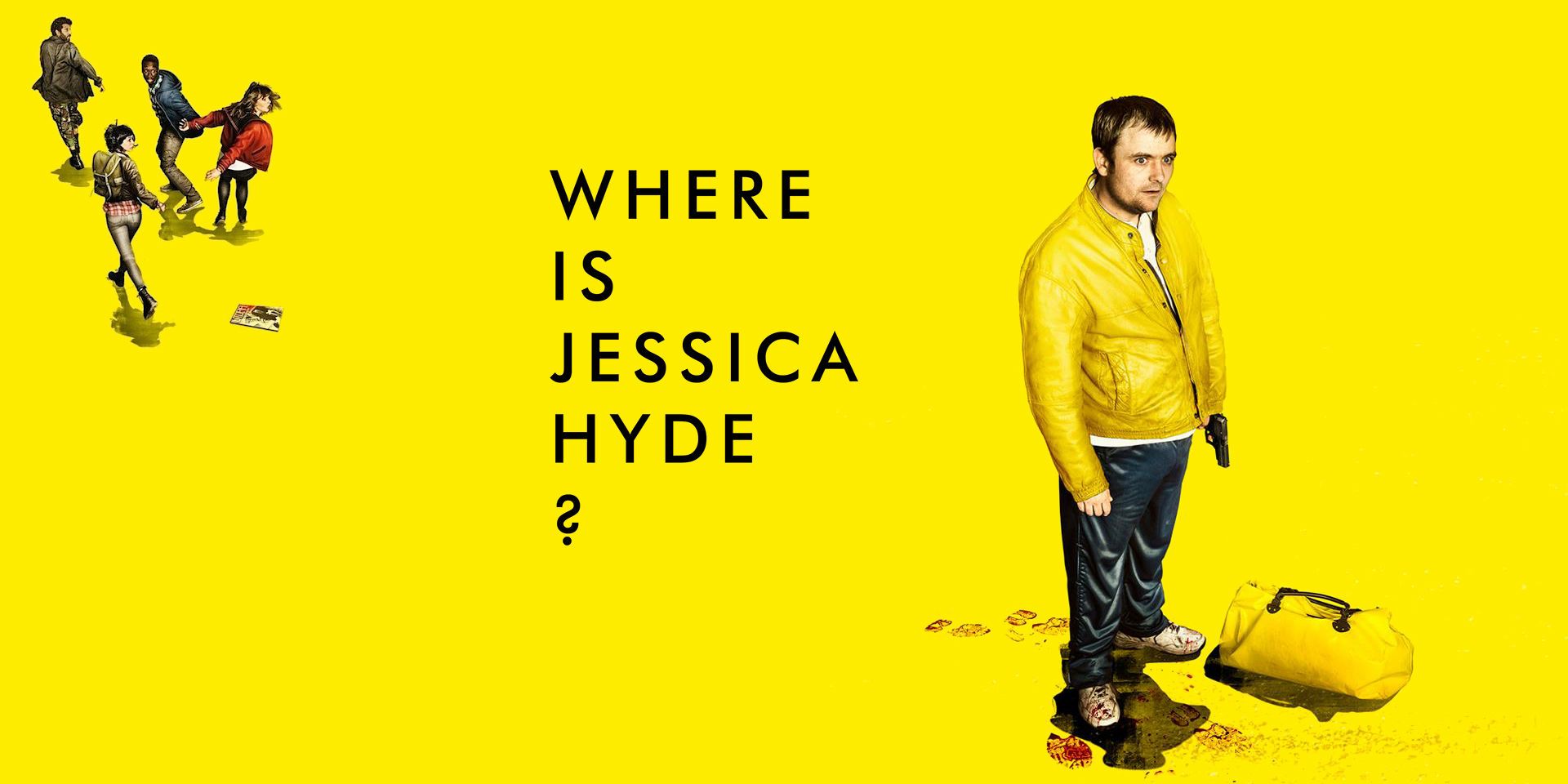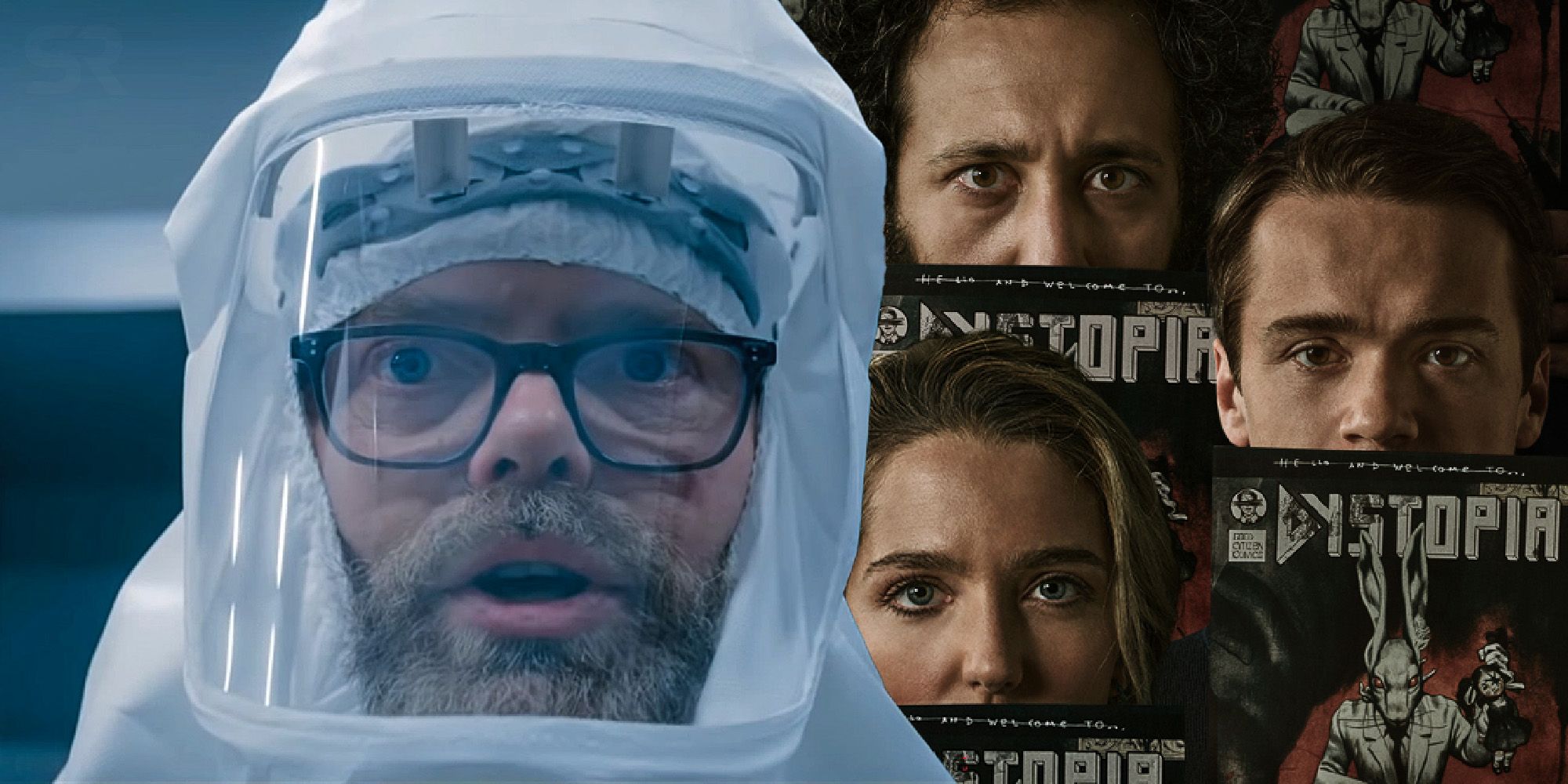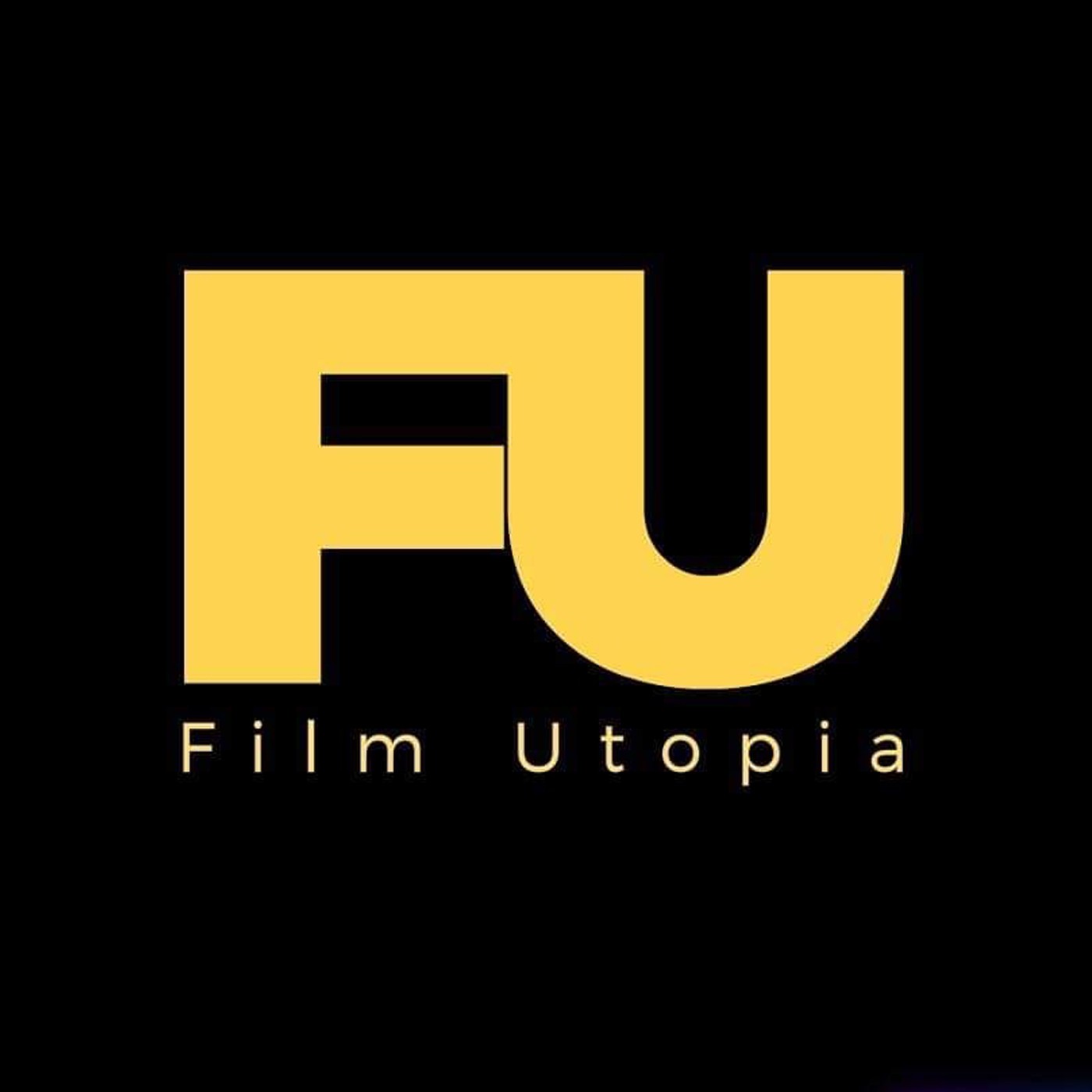Imagine a situation where your favorite shows and movies, or perhaps even a mysterious graphic novel, could easily appear on the biggest screen in your home. This idea of bringing digital content from a smaller gadget to a larger display is becoming more and more common, offering a really comfortable way to enjoy what you like. Whether you are looking to share a funny video with friends or settle in for a long evening with a compelling series, getting your media to where you want it can feel like a little bit of magic.
It's interesting to think about how our gadgets, like phones and tablets, are not just for personal use anymore; they're also like remote controls for our whole entertainment setup, you know. They let us pick out what we want to watch or listen to, hit play, and even organize our viewing lists, all from the palm of our hand. This kind of flexibility means you can move around your home and still be in charge of what's playing, making for a rather smooth experience.
Then, there's the other side of "Utopia," which brings to mind stories, characters, and a whole world of intrigue. From a graphic novel that holds many secrets to various television series that have captivated audiences, "Utopia" represents a place or a concept that people often search for or sometimes run from. This article will explore both sides of "cast utopia," looking at how you can share your screen's content and also delve into the different versions of the "Utopia" story that have appeared in popular culture.
Table of Contents
- Getting Started with Casting Your Entertainment
- How Does Casting Work to Cast Utopia?
- What Devices Can You Use to Cast Utopia?
- Unraveling the Mystery Behind Utopia
- Who is Part of the Utopia Cast?
- What is the Story Behind the Utopia Series?
- Connecting the Dots - Casting and Utopia
- A Look at the Different Utopia Adaptations
Getting Started with Casting Your Entertainment
When you want to show something from your computer or phone on a bigger display, like your television, it's a pretty straightforward process, actually. Sometimes, when you first try to send your screen's picture over, the sound might still come out of your computer speakers. To get the sound to play through your television instead, you just need to make sure you're sending the specific web page or application tab, rather than the whole screen, which is a little detail that makes a big difference.
For those who prefer to use a web browser for this, like Chrome, the steps are quite simple. You'd open up the browser on your computer, and then look for a particular symbol usually found in the upper right corner of the window. This symbol is your gateway to initiating the connection. Once you pick it, your computer starts looking for compatible devices nearby, making the whole process of sharing your screen rather easy to begin.
The beauty of this technology is that your personal mobile device transforms into a custom remote control for your viewing pleasure. You can use your phone or tablet to look through various things, start playing content, stop it when you need a break, and even put together your own lists of what you want to watch or listen to. It gives you a lot of freedom, you know, to manage your entertainment from anywhere within reach.
- Maroon 5 Album Covers
- Harry Potter Evil Characters
- Aoc Idiot
- Tin Roof Gazebo
- Wwe European Championship History
How Does Casting Work to Cast Utopia?
The way this sharing function operates is by creating a link between your mobile gadget and the bigger screen. When you choose to send content, your phone, which could be an Android tablet or smartphone, becomes the sender of information. You simply touch the name of the gadget you wish to send your media to, and the system takes care of the rest. It's a quick and simple way to bridge the gap between your small screen and a larger one.
Once a successful connection is made, you will notice a visual cue that lets you know everything is working as it should. The symbol you used to start the process will change its appearance, typically becoming solid in color. This visual change confirms that your content is now being sent to the television, giving you a clear sign that you are ready to enjoy your media on a much grander scale, which is quite helpful for confirmation.
This method of sharing is not just for individual items; it's also about creating a personalized viewing experience. With this kind of system, your phone really does become your own special remote. You can use it to look around for different shows, play them, pause them, and even create collections of your favorite things to watch. It's about having all the control right in your hand, making entertainment access quite flexible.
What Devices Can You Use to Cast Utopia?
You have a good range of gadgets that can send content to your television, which is pretty convenient. People can send shows, movies, or even web pages from their phones, their tablets, or their portable computers directly to a screen that has the right receiving capabilities, like a Google TV. This broad compatibility means that many of the devices you already own can be used to improve your viewing habits.
The exact steps for making this connection might be a little different depending on the specific gadget you are using. Some devices might have slightly varied menus or button placements, so it's a good idea to be aware that there could be small differences. If you find yourself needing more specific guidance for your particular piece of equipment, reaching out to the maker of your device for more information is usually a good idea, as they can provide precise instructions.
For those who use Android phones, there's often more help available for sending music and videos from your phone to another device. There are resources and guides specifically for these types of phones that can walk you through the process, ensuring you can get your favorite tunes and clips playing on a bigger sound system or screen without too much trouble. It's nice to have that extra support, you know, for common phone types.
Unraveling the Mystery Behind Utopia
Beyond the idea of sharing your screen, the word "Utopia" itself points to a world of stories and intriguing characters. One such story revolves around a legendary graphic novel, a book filled with drawings and text that is surrounded by a sense of secrecy. This particular book, known as "The Utopia Experiments," holds a lot of hidden meaning and is something that many people find quite fascinating, sparking a lot of discussion.
The story takes an interesting turn when a collection of unrelated individuals somehow get their hands on an original copy of this mysterious manuscript. From that moment, their lives change very suddenly. They are pulled into a series of events that are far from ordinary, showing how one object can completely alter the course of several people's existences. It's a classic setup for a tale of suspense and discovery, you know.
There have been various interpretations and adaptations of the "Utopia" idea across different forms of media. For instance, there's a television series that first appeared in 2020, which began its run in late September of that year. This version was guided by Matthew Dean Russell and featured a collection of performers, bringing a fresh perspective to the concept of "Utopia" and its underlying themes. It's interesting to see how different creators approach the same core idea.
Who is Part of the Utopia Cast?
The various "Utopia" series and movies have featured a range of performers, each bringing their own distinct touch to the characters they portray. For example, the 2020 series had a group of well-known actors helping to bring the story to life. This particular show, which had its debut on a streaming service, gathered a lot of attention for its unusual plot and the people who acted in it, which is rather good for a new show.
Here is a brief look at some of the performers mentioned in relation to the "Utopia" projects, showing their involvement in different versions:
| Actor's Name | Associated Utopia Project / Role |
|---|---|
| Robert Duvall | Utopia (2020) |
| Lucas Black | Utopia (2020) |
| Melissa Leo | Utopia (2020) |
| Deborah Ann Woll | Utopia (2020) |
| Celia Pacquola | Utopia (8 episodes) - Tony Woodford |
| Dave Lawson | Utopia (8 episodes) - Nat Russell |
| Kitty Flanagan | Utopia (8 episodes) - Scott Byrnes |
| Emma | Utopia (8 episodes) - Rhonda Stewart |
| Fiona O'Shaughnessy | Utopia (2013) - Arby; also known for Nina Forever (2015), Gretel & Hansel (2020) |
| Paul Higgins | Utopia (6 episodes) - Wilson Wilson |
| Neil Maskell | Utopia (6 episodes) - Michael Dugdale |
The 2013 version of "Utopia" also had its own collection of actors who helped to tell its particular story, which was quite distinct. Fiona O'Shaughnessy, for instance, played a memorable character in that series, and she is also known for her work in other films. It's interesting to see how different actors contribute to the overall feeling of each show, making each version of "cast utopia" feel unique.
What is the Story Behind the Utopia Series?
The narrative of "Utopia" often centers around a group of individuals who find themselves caught up in extraordinary circumstances. For example, one series begins with a young golf player facing a very difficult start to their professional career, which sets a rather unexpected tone for the events that follow. This kind of personal struggle often serves as an entry point into a much larger and more complex situation, you know, for the characters involved.
Another iteration of the story is set within the offices of a newly formed government organization, one that has been put in charge of overseeing big building projects for the country. This setting explores what happens when bureaucratic processes meet the challenges of actual construction and public service. It looks at those moments when things might not go as planned, showing the everyday difficulties that can arise in such a setting.
In a different take, the first season of one "Utopia" series features a character named Jessica Hyde and a group of fans of a particular kind of fiction who are all trying to avoid capture. Their lives are in constant motion as they try to stay ahead of those pursuing them. This version of the story focuses on the chase and the struggle for survival, keeping viewers on the edge of their seats, which is quite effective for suspense.
There's also a version of "Utopia" that started as a reality program in 2014, based on a similar show from another country. This program, created by John de Mol Jr., observed a group of people living together in a community, trying to build their own version of an ideal society. It was a social experiment that allowed viewers to see how different personalities interacted and how a new way of life might be formed, which is a very different kind of "Utopia" indeed.
Connecting the Dots - Casting and Utopia
The idea of "cast utopia" can really mean two things that are quite separate but equally interesting. On one hand, it's about the technical act of sending your screen's picture and sound to a bigger display. This ability gives us a lot of freedom in how we consume our entertainment, letting us move our content from a small personal gadget to a shared viewing space, making it much more enjoyable for groups, you know.
On the other hand, "Utopia" refers to a concept, a place, or a story that has been explored in various forms of media, often with a group of performers bringing the characters to life. These stories often deal with themes of an ideal society, or the challenging journey to achieve one, or even the dangers of seeking such a place. It’s a concept that has captured the human imagination for a very long time, apparently.
So, when we talk about "cast utopia," we are really touching upon both the practical side of modern entertainment technology and the imaginative world of storytelling. It’s about how we use our tools to access and share the narratives that captivate us, whether they are about a perfect world or a world that is far from perfect. Both aspects contribute to our overall entertainment experiences, offering different kinds of satisfaction.
A Look at the Different Utopia Adaptations
The concept of "Utopia" has inspired several distinct projects, each offering a unique take on the idea. For instance, there's a "Utopia" movie set to be released in theaters in December 2024, featuring actors like Moe Dunford, Charlotte Vega, and Jason Flemyng. This particular film suggests a continuation of a story, picking up after a major event, showing that the narrative can evolve over time, which is rather interesting for fans.
Another version of the story suggests that some time has passed since a significant event, like the destruction of a certain manuscript. Characters like Ian, Becky, and their companions are trying to return to their normal lives, believing that a shadowy organization is no longer active. This narrative explores the aftermath of big events and the characters' attempts to rebuild their existence, which is a very human element of the story.
The various "Utopia" television series have explored different aspects of the original concept. One series, for example, is set within the offices of a government organization responsible for big building works, looking at the daily challenges and humorous situations that arise in such a place. This particular show offers a lighter, more comedic look at the idea of trying to build a better future, which is a nice contrast to the more serious versions.
There are also versions that have gained recognition for their storytelling and the performances within them. Review sites often collect opinions from both critics and regular viewers, giving people a good idea of what others think about a particular "Utopia" project. Keeping up with these scores helps people decide what to watch and stay informed about how different adaptations are received, which is pretty useful for making choices.
In summary, this article has looked at the phrase "cast utopia" from two different angles: the practical technology of sending media from your personal device to a larger screen, and the various fictional stories and series that carry the name "Utopia." We've explored how you can use your phone or tablet as a remote for your entertainment, making it easy to share content. We also touched upon the different "Utopia" television shows, movies, and graphic novels, noting their varied plots and the performers who brought them to life. From navigating casting settings to understanding the diverse narratives of "Utopia," we've covered how these two seemingly different ideas intersect in the world of modern entertainment.
- Images Of Outsiders
- Jamie Fosters
- Purple Shampoo On Grey Hair Before And After
- Gold Colored Tattoos
- Sexy Ashley Williams


